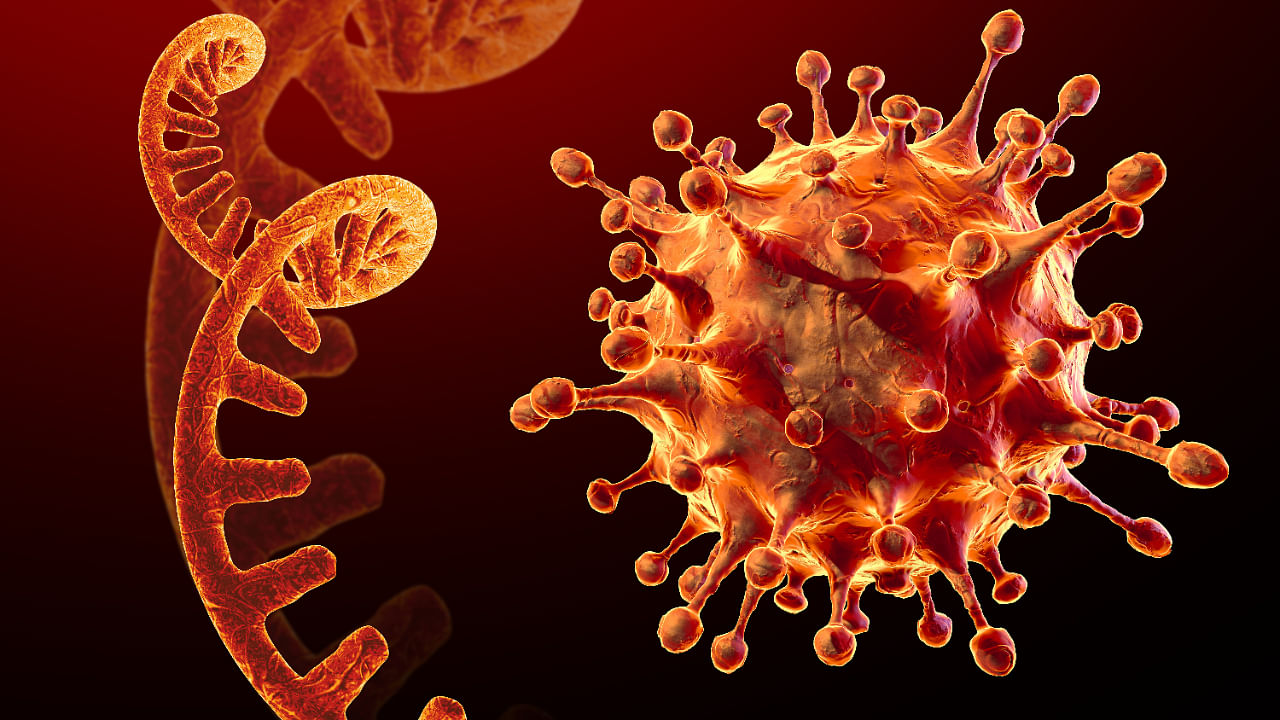
With the flu-like cases on the increase in the city, Bengaluru’s Precision Health initiative, a wastewater surveillance programme piloted by the COVIDActionCollab (CAC) has widened its scope to study the prevalence of H1N1, influenza, and monkeypox.
Started nearly a year ago, the programme so far focused only on tracking Covid-19 viral load in the city to provide early warning signs to the health department.
“There is a need to continuously monitor the system to differentiate how many of the cases reported are just flu and how many are Covid. Surveillance of more infectious diseases helps clinicians and the medical fraternity to be better prepared to face any outbreak,” said Dr Angela Chaudhuri, who is spearheading the Precision Health Covid Surveillance initiative.
She added that surveillance for monkeypox was started considering that it was flagged by the World Health Organisation (WHO), and it was a matter of concern.
Surveillance of infectious diseases other than Covid began on August 15 and experts say they would need at least another month to get a clear picture. “We have just started. Every week, we collect at least two samples from one site, and considering the number of sites we cover, we collect at least four samples from every site in a month. This will help us draw conclusions,” she added.
Over the last few days, many samples have also revealed the risks of co-infections since patients with one infection are susceptible to contracting others. “Such inferences and data will be passed onto the authorities to help them make informed policy decisions,” Dr Angela added.
BBMP Special Commissioner (Health) Dr Trilok Chandra K V said the wastewater surveillance will help them improve the surveillance in prevalent areas. “It is important to understand the prevalence of various diseases in the community, and to make area-specific action plans,” he said.